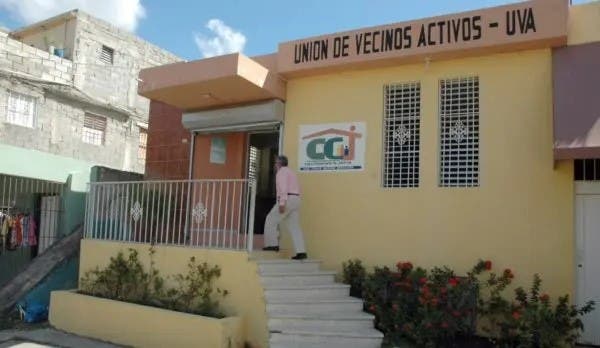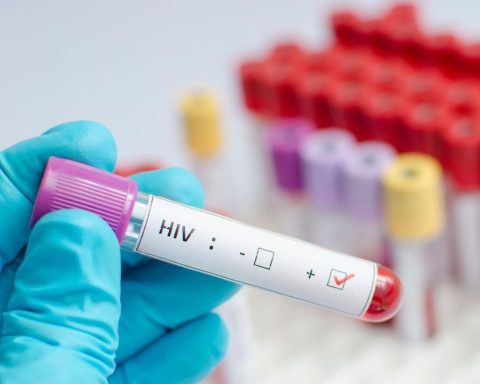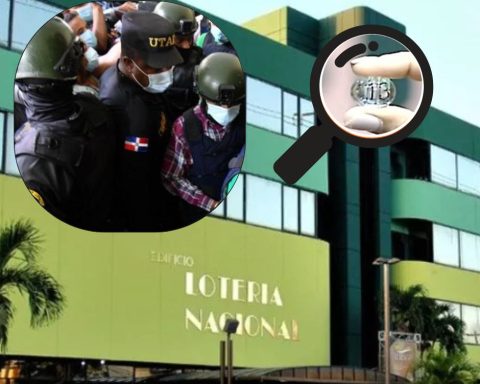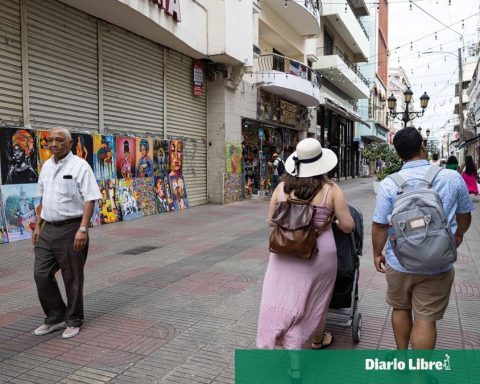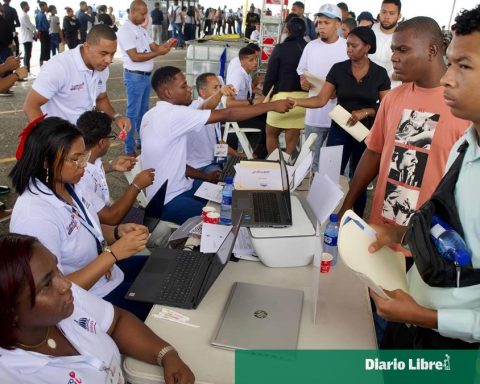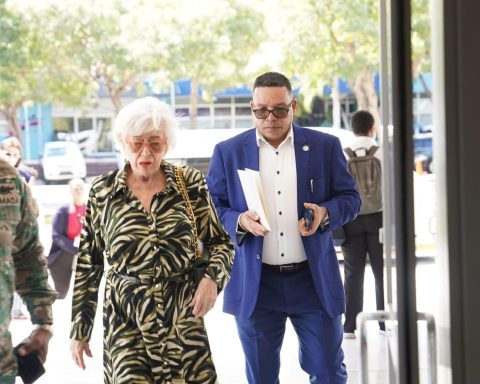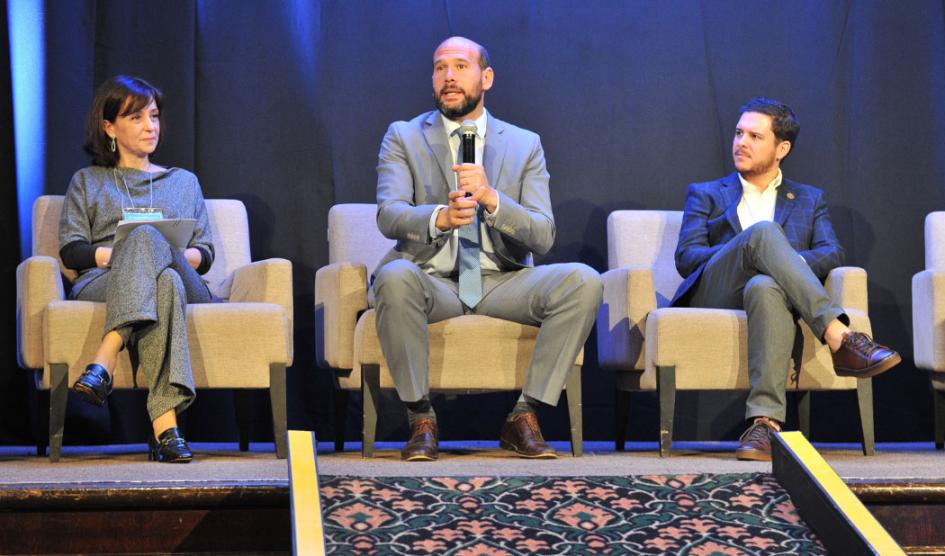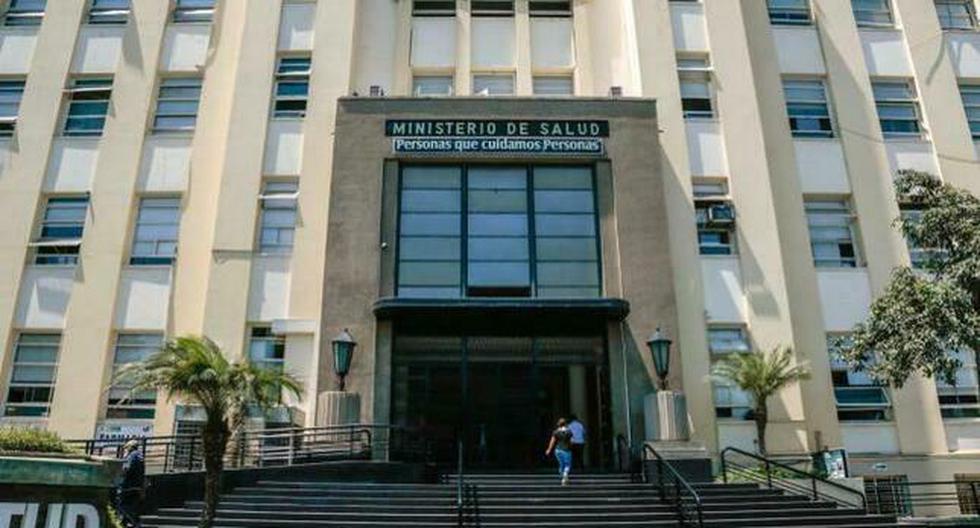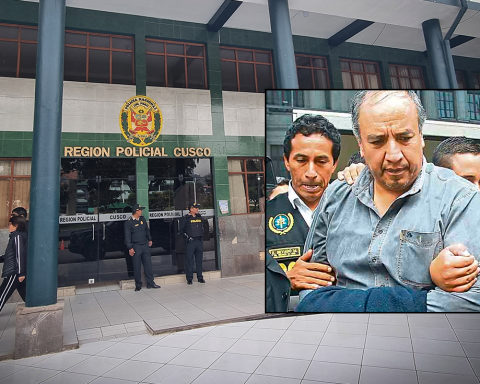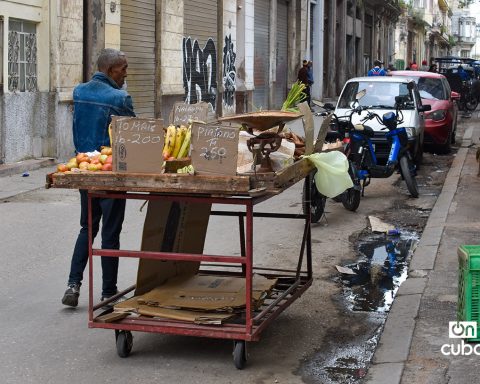Santo Domingo. -The Dominican State has had a saving of more than 8 billion pesos, in a period of 4 years, as a result of the implementation of the Community Houses of Justice (CCJ) program, whose methodology is the application of family, community mediation and school, as well as conciliation, which contributes to the reduction of violence, fosters an environment conducive to the exercise of human rights and peaceful coexistence.
This finding emerges from an “Analysis of the Economic and Social Impact of the Community Houses of Justice in the construction of a culture of peace in the Dominican Republic 2017-2021”, prepared by the external consultants Oficina Sosa Montás SRL
The report adds that more than 500,000 users have benefited from this civil society initiative that began in 2006 and that, 16 years later, remains in seven municipalities, one municipal district and the National District, with expansion processes to four municipalities in the country.
The report of said study indicates that the Center for Community Houses of Justice (CCCJ), through its Community Houses of Justice program, has contributed RD$4,884.2 million pesos to the Dominican State, to which are added another RD$3,044.6 million that users from vulnerable sectors receive free services in the CCCJ, as well as generating savings for the business or labor sector quantified at 249 million 165 thousand 734 pesos, which totals 8 thousand 178 million 11 thousand 766 pesos.
“The Community Houses of Justice not only play an important role, by contributing to the construction and maintenance of peaceful coexistence between families, neighbors and citizens, but they also make an economic contribution to the State, users and the business sector. ”, states the report.
It maintains that the CCCJ constitutes an important support in the social and economic development of Dominican society and, above all, in the permanence of a quality rule of law for democracy.
The model implemented by the CCCJ, through the CCJ program, is characterized by contributing to a comprehensive process of the controversies that arise in the communities, which generate credibility, trust and transparency.
The CCCJ works in strategic alliance with the Judiciary, Public Ministry, Ministry of Women, Ministry of Education, local governments, General Directorate of Public Procurement, INDOTEL, business sectors, universities, international agencies, civil society organizations and communities. organized in the territorial spaces where the Community Houses of Justice are located. Representatives of these institutions are integrated into the daily service, contributing about 8 hours of daily work.
The Community Houses of Justice Center is a non-profit organization that seeks to facilitate access to formal and social justice. This model emerged in the country in 2005, concluding its first pilot experience in Cienfuegos, Santiago on October 13, 2006.
Other results. – “The Community Houses of Justice Center contributes significantly to access to formal and social justice for vulnerable sectors, through conflict resolution methods where the citizen takes part in the decisions to be made to reach justice. a shared solution between the parties. To achieve these results, citizen education and its violence prevention programs constitute the cornerstone of peace,” the report states.
The study also points out among its main conclusions that alternative conflict resolution mechanisms contribute to saving time and resources, both for the State and for the people involved in a dispute.
It also reduces the request for work permits, which is so affected by the judicialization of problems, as well as economic savings and psychological peace of mind for the people who make use of the CCJs.
It adds that the CCJs favor dejudicialization and the decongestion of judicial instances, bringing citizens and their authorities closer together for joint prevention action from the communities.
